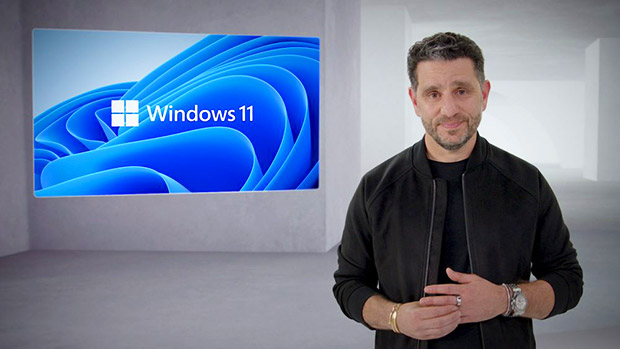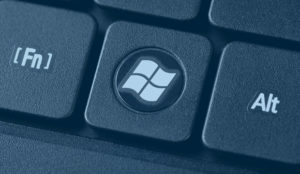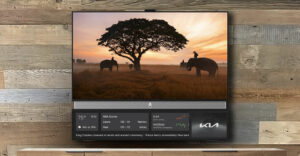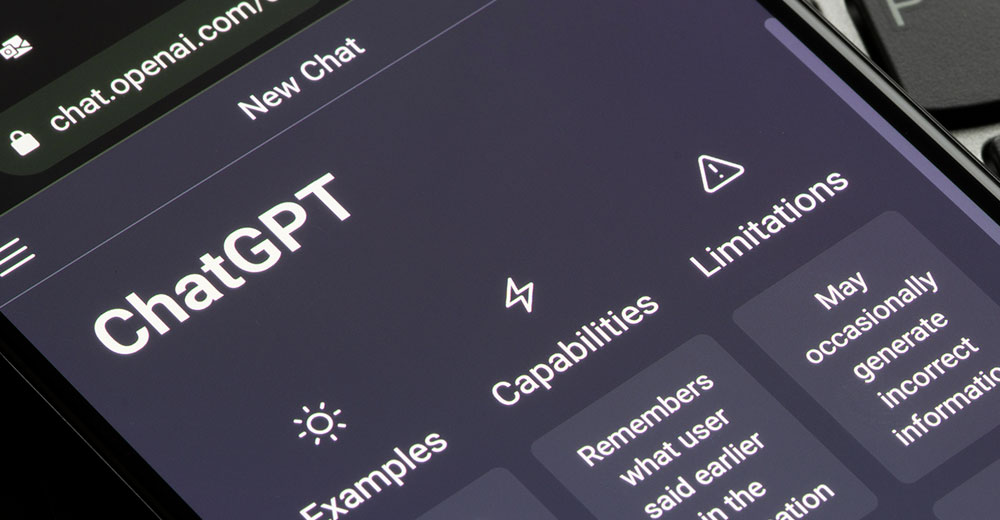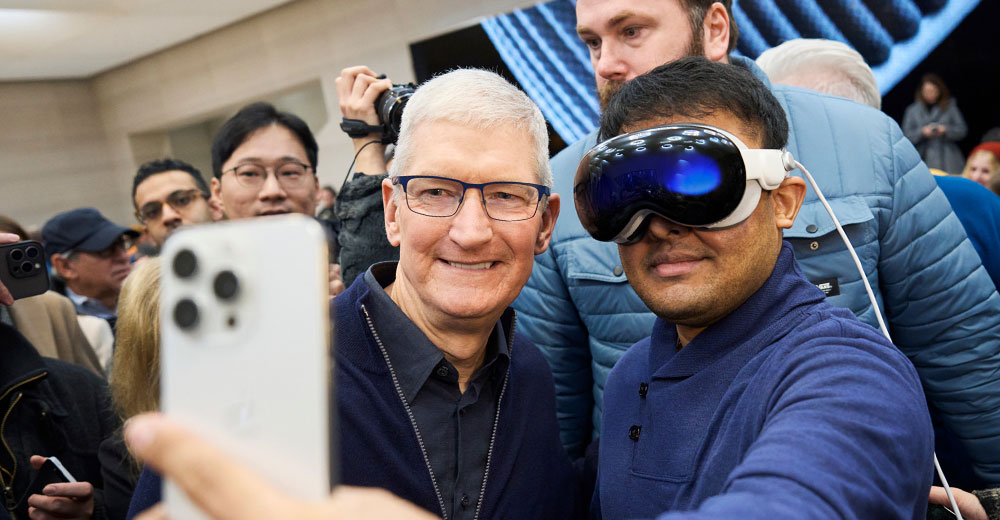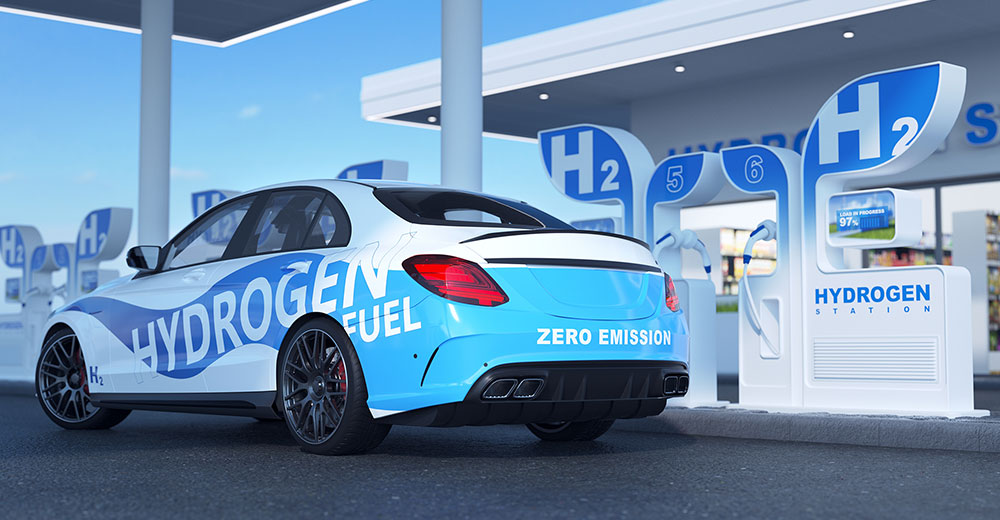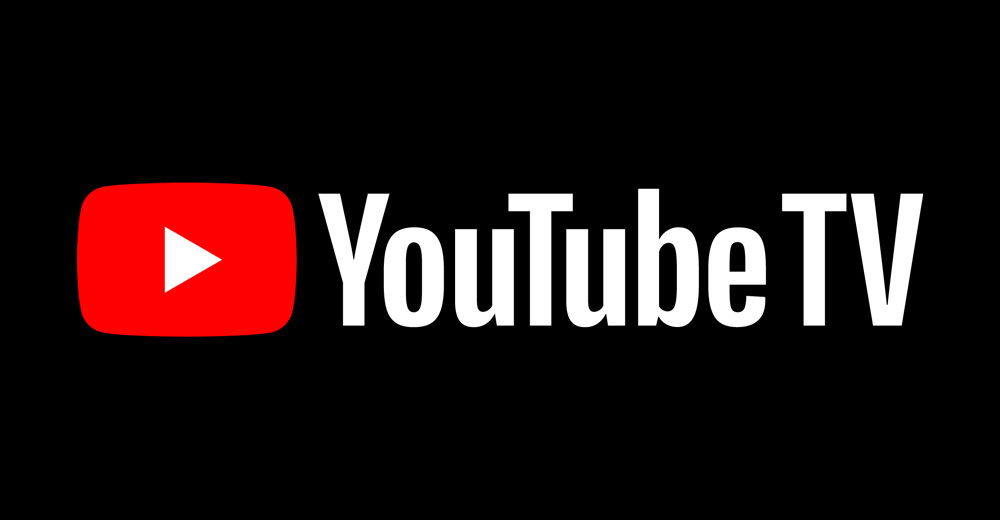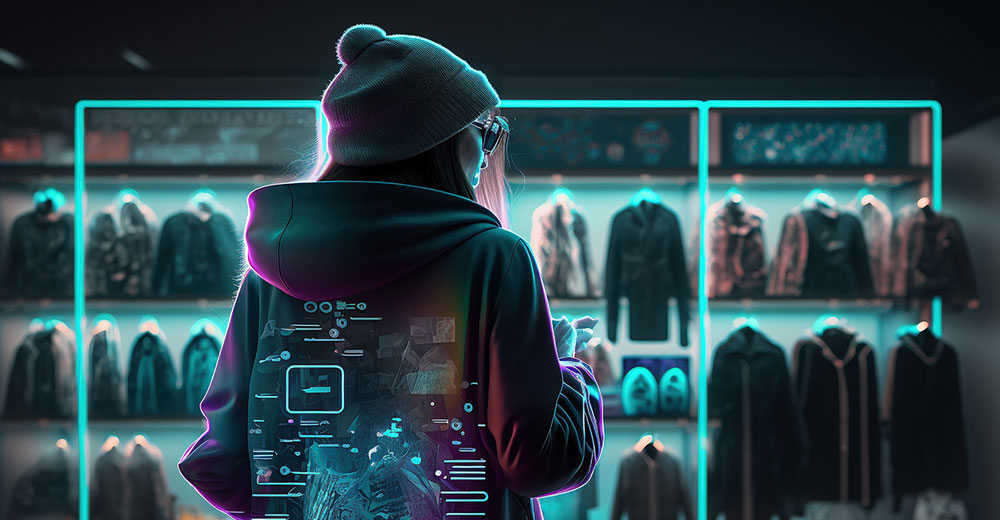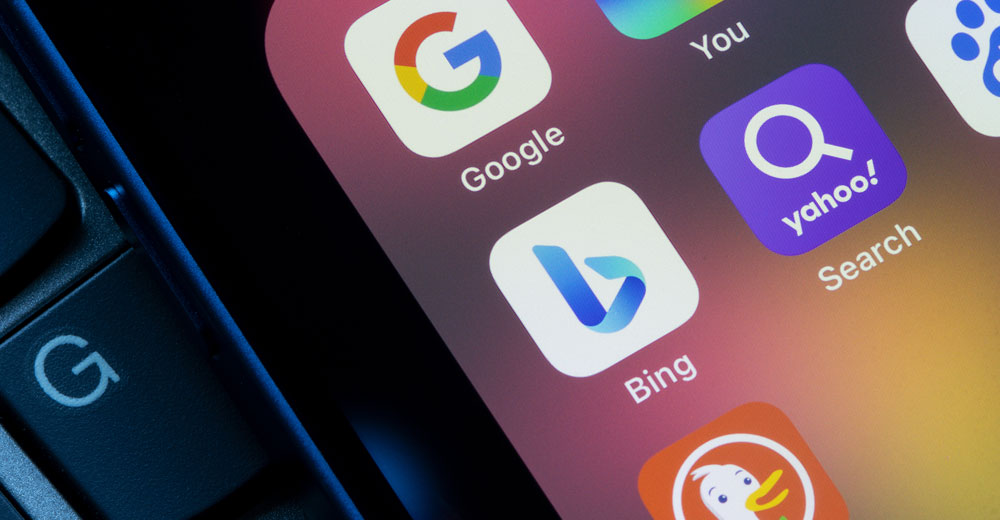I’ve covered every Windows launch since that of Windows 95, and Windows 11 may be the most significant since the iconic introduction of Microsoft’s first GUI operating system.
The world has changed a lot since that 1995 launch. Microsoft has as well, and this will be the first major version of Windows conceived and launched under Satya Nadella.
Windows 11 shows a massive change in focus from earlier significant releases, which pretty much assures that the Windows Vista and Windows 8 mistakes won’t be repeated, at least not under the current leadership.
It also suggests a path to the next version of Windows — which for now we’ll call Windows 12 — that could be even more groundbreaking.
Let’s talk about Windows 11 and Windows 12. Then we’ll close with my product of the week from Asus that sets the bar on laptop gaming performance.
Why Windows 11 Won’t Suck
In the first decade of this century, we had a crapload of Windows versions; starting with Windows 2000 and the disastrous Windows Millennium, to Windows XP, the train wreck that was Windows Vista, and Windows 7. Then in late 2012, Windows 8 came out. Subsequently, in 2015 shortly after Satya Nadella took over, Windows 10 hit; skipping Windows 9.
Windows 11, the first OS fully developed under Satya Nadella, given this history, should be a dog. I mean, Windows XP was good, Windows Vista was bad, Windows 7 was good, Windows 8 was terrible, and Windows 10 was good.
With all of those bad versions, the problem was that each seemed to try to meet some screwy esoteric ideal while the following versions were tightly focused on fixing what the prior versions broke.
So the recurring problem was an ill-conceived strategy to change the OS, which broke, followed by a tightly focused strategy to fix what was broken. The fixed products were solid because their goals were well-defined. The broken products failed because their goals were ill-defined.
Windows 11 should again be an ill-conceived product with a hard-to-communicate goal, but it isn’t. The reason it isn’t? Under Satya Nadella Microsoft made a hard pivot to focusing on, and improving, customer needs and experiences.
In a way, this brings Windows 11 into the same kind of execution envelope enjoyed by Windows XP, Windows 7, and Windows 10. It focused the effort on fixing things. In this case, things that annoyed the users and generally updating critical parts of the OS. Those critical parts are security and the user interface (UI).
Windows 11 Adapts to You
Windows 11 is a free upgrade to any legal Windows 10 system that will support it. This last isn’t a given because you need TPM 2.0 in the hardware and secure boot enabled for it to work. This security focus is to assure entire classes of malware won’t execute on the system. It showcases a heavy focus on security, critical for this version due to the massive proliferation of malware and state-level attackers this decade.
Microsoft will continue Windows 10 support well into 2025 and, by then, your non-compliant hardware should either be obsolete or no longer functioning. Windows 11 also takes a hard pivot from just being an operational layer between the hardware and the applications you are running to being far more capable alone.
While I’ll begin working with Windows 11 with a lot of you this week, it should be noted that the OS won’t be complete until fall. Many of the expected features — and I expect, a couple of surprises (here’s hoping they are good ones) — won’t show up until shortly before the official availability of the product.
Windows 11 is designed to help with productivity. Microsoft Windows and devices chief Panos Panay (pictured above) referred to the focus for this offering as building a safe home you could enjoy using — and where you could always safely return. Windows 11 is the first version of the platform that was designed, at least partially, to adapt to how you work, not force you to change how you work to fit the new OS.
This move to adapt to you is part of a much more significant industry change, tied to the emergence of AI, flipping computer playbooks and creating systems that adapt to their users. This focus is breaking the practice that has been in place since the computing age began; that of users having to learn to adapt to their computers.
Highlights
Windows 11 highlights include a solid shot at Apple’s model of monetizing everything, even the work of others. Apple is currently being sued for demanding revenue for itself that app developers generate. Microsoft allows app developers to keep the money they earned which, in turn, should allow the devs to pay their people better and fund improved titles in the future.
Microsoft recognized that if their developers aren’t successful, it won’t be successful. So part of Microsoft’s focus will be to assure its developers do well on the platform. Windows 11 will have access not only to Windows titles, but also through Intel’s bridge (that will also function on AMD and Qualcomm systems) provide complete application support for Android apps.
The Auto HDR feature from the Xbox provides greater detail for games and full support for Xbox Game Pass which is Microsoft’s Netflix-like game service. Better integration with their movie and TV show purchase engine (which has prices similar to Amazon’s for rentals and purchase), and enhancements for products like Microsoft Teams to improve usability (make it easier to identify and correct those annoying mistakes like talking with your microphone off).
There will also be a nice feature that will allow you to tip local authors, helping cover their costs and supporting their efforts; and little touches like apps matching your Windows theme, and the ability to dictate speech to text, where punctuation, paragraphs and sentence structure get modified automatically in real time.
Wrapping Up: Anticipating Windows 12
Windows 11 will be designed as a creation stage for those wanting to use it to build a better tomorrow; a platform that assures agency so that developers can keep more of what they earn, mold to your needs, and serve society, not become an impediment to that society.
But I think this is just the beginning of a trend. Windows 12, which should show up between 2025 and 2030, should take this concept far further with embedded AI and dynamic reconfiguration capabilities that will not only adapt to how you generally work, but to how your needs change throughout the day.
Advanced voice interfaces will allow you to direct your PC from across the room; it will prompt you to respond to messages and suggest responses that you can edit or approve; it will help you hash out ideas and begin its evolution into more of a life companion than a tool.
It will also increasingly pull its advanced functions from the cloud until, at some future date, it simply becomes your public interface to a new wealth of low latency, high performance, and cloud capabilities tied to the thinnest of connected hardware devices.
Windows 11 begins Microsoft’s and our journey to a new age of computing. The computers adapt to us, become more like companions and helpers, begin our path to future releases that will take this concept toward tighter human/machine interfaces, and a more synergistic future.
It’s going to be an exciting ride!

The Asus ROG Strix G15 Advantage Edition
Last week I got a killer game rig in, the Asus ROG Strix G15. This is the first product I’ve seen come out of the new AMD Advantage program.
As it is with most serious notebook gaming rigs, there are some tradeoffs to get to an affordable price, make it light enough to carry, and provide outstanding performance. Regardless, this Asus ROG Strix is an impressive laptop.
With a gorgeous and high-speed 15.6″ display, benchmarks that blew away every other notebook product, including one portable workstation I’ve tested this year, and a reasonable $1.6K price point, this is a gaming wonder.
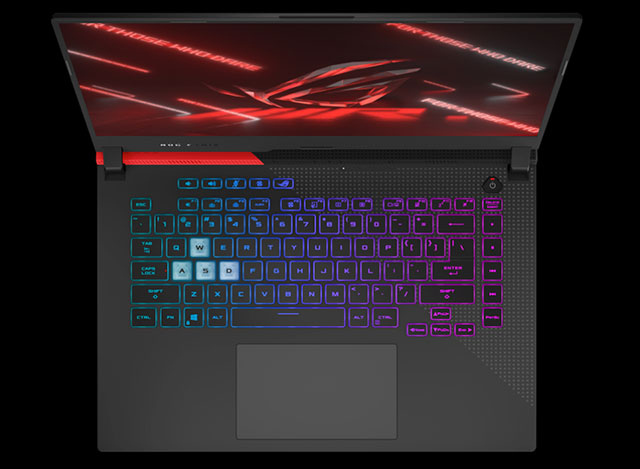
This laptop is tightly focused on gaming with a red brilliantly-lighted keyboard with highlighted motion keys, surround lighting, and a unique cooling system that will keep your mouse hand warm on the coldest of days (it puts out an impressive amount of heat).
The ROG Strix G15 comes already overclocked, which explains the impressive performance. It is uniquely tuned to make sure you get every ounce of performance available, as with all AMD Advantage branded offerings.
This notebook is for serious gamers only. It isn’t an excellent choice for school or work because it is heavy at around 5 lbs. for the notebook and another 2 lbs. (about the weight of a MacBook Air) for the power supply. With a relatively-short battery life of approximately six hours, you’ll need that power supply if you will use it for a full day.
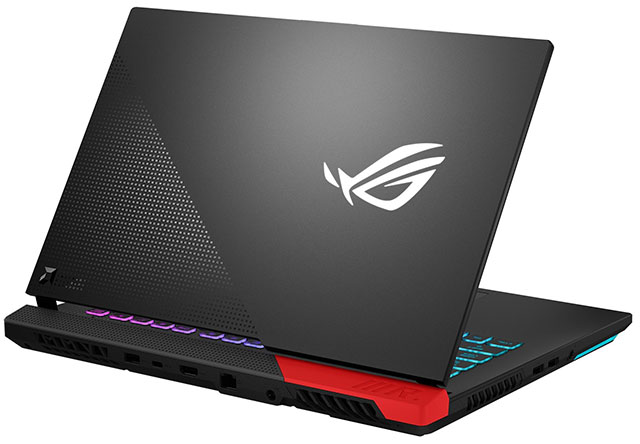
It has no camera, with the assumption that gamers would want to supply their own; and, given how much heat this puts out, I’d leave it off your lap unless you feel the need to iron your privates.
But for those who want to play top titles anyplace without having to try to make their desktop rig mobile, this is desktop-level gaming performance in a mobile rig. While heavy, it is substantially lighter and more portable than any gaming desktop I’ve ever used.
If you want a well-balanced light notebook for work and school, this isn’t that product. Still, if you want a notebook that will outperform most desktop computers you are likely to run up against, the Asus ROG Strix G15 Advantage Edition is for you, and it is my product of the week. It is an impressive effort!

